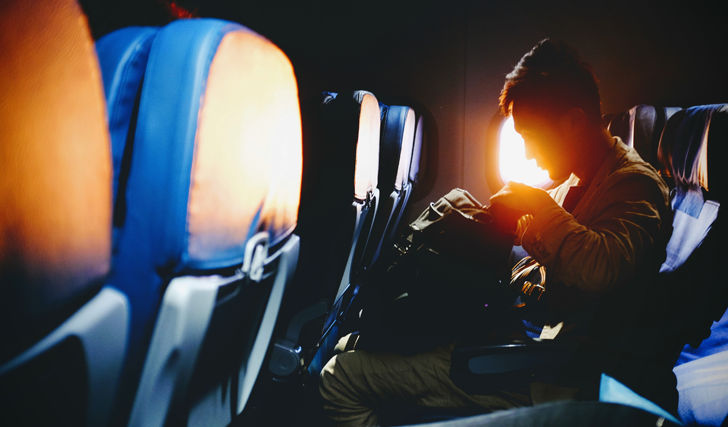Call centres at major travel insurers are feeling the pressure as Canadians scramble to understand their trip cancellation policies and whether or not they have the coverage and the latitude to cancel their trips in the face of growing coronavirus, COVID-19 concerns.
Underwriters too are likely looking closely at developments after several market movers – Manulife, TuGo and now Allianz Global Assistance Canada – have all come out saying they will exclude coronavirus cancellation claims going forward. Only one insurer, Orion Travel Insurance, a CAA-owned company, has come out saying they do not plan to change policy wording to specifically exclude coronavirus. In an email to Insurance Journal, Orion says it will also take the additional step to consider a recent Health Canada recommendation to avoid cruise ship travel as a travel advisory, allowing those who’ve purchased trip cancellation insurance through Orion to make a claim if their cruise departs before July 1, 2020. (Unless a client has purchased cancel for any reason insurance, a travel advisory generally needs to be in place to make a claim.)
Beyond this, Will McAleer, executive director at the Travel Health Insurance Association of Canada says it’s early to tell what the longer-term ramifications of the virus are for insurers. Innovation in underwriting, he says, is one possibility. (In other jurisdictions some policies will pay a benefit if planes are delayed, for example.) “It would be reasonable to expect an underwriter might be looking at some additional ways to help out with some of the inconvenience, to say the least, of being on a cruise ship that happens to have an outbreak,” for example, he says. “We might see some innovation when it comes to providing a solution to better fill that gap for people who are more concerned.” Cancel for any reason policies may be part of that solution, but generally do not reimburse clients for their whole trip. The policies are often more costly, as well.
“We’re really recommending that travelers shop around for their coverage,” he adds. One positive development coming out of the coronavirus scare is that more clients are finally becoming aware of their coverage, something the travel insurance industry has been trying to achieve for years. “There’s a greater awareness that you need to make sure you understand the coverage you’ve got. Make sure that you understand what coverage you have when you’re purchasing it and make sure it matches what you’re expecting to get.”
As of the moment, he says the association has not yet heard about emergency medical coverage changing in the face of current conditions. Similarly, he says members have not yet talked about travel insurance getting more expensive going forward either.
McAleer’s advice for travelers is three fold: First, know your health. Next, know your policy, and finally, know your trip. “Are you planning on doing anything that’s significantly adventurous or risky? Whether it’s bungee jumping or hang gliding or whatever you happen to be doing, make sure that it’s going to be covered because policies can vary from plan to plan. Take a look at some of those high-risk exclusions that might be there.” Similarly, for those attending conferences, he says it makes sense to ask if a cancelled business meetings are covered under the plan being purchased.







